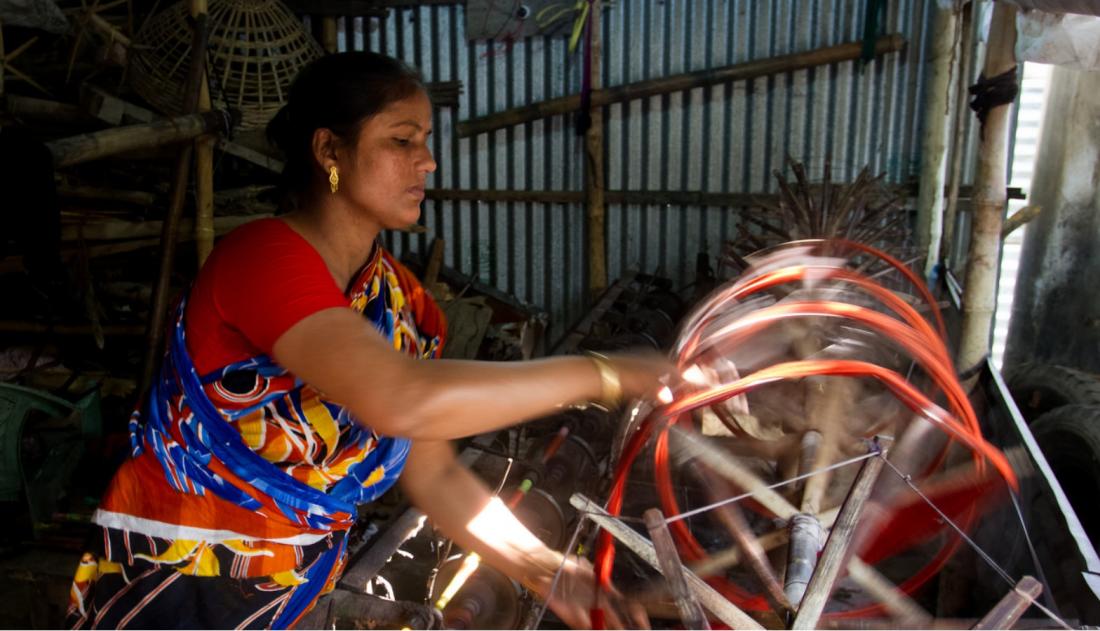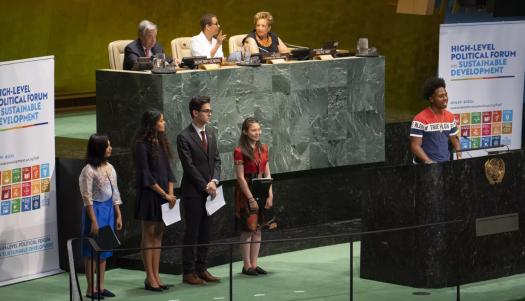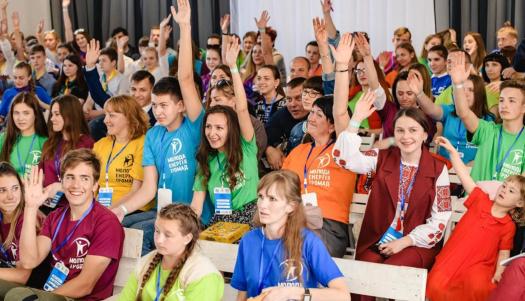
An important step towards meeting the 2030 Agenda’s aspiration of leaving no one behind is to identify who is being left behind and from what. Hoping to contribute to this discussion, the recently released Report on the World Social Situation 2016 (United Nations, 2016) examines group-based inequalities, with the focus being mainly on the disadvantages faced by youth, older persons, persons with disabilities, racial and ethnic minorities and migrants. The report’s analysis shows that disparities in access to education, health care, infrastructure and employment as well as inequalities in political participation are pervasive and symptomatic of the exclusion of members of these groups.
Regarding employment opportunities, the report shows that the share of ethnic and racial minority workers in skilled -managerial, professional and technical- occupations is lower than that of workers in the majority or dominant ethnic group in a majority of countries with data.
Differences in education certainly explain some of these disparities. For some groups, namely indigenous peoples and some ethnic minorities, employment opportunities are also curtailed by spatial disadvantages, as they live more often in rural, remote areas characterized by poor infrastructure and little access to off-farm work.
However, most of the occupational differences observed persist once the effect of education and other socio-demographic characteristics are accounted for. By way of example, the results of a logistic regression model shown in figure 1 indicate that, adjusting for differences in education, age and place of residence, racial and indigenous/nonindigenous occupational gaps remain significant in seven of the eight countries included. Odds ratios below 1 indicate a lower likelihood of holding a skilled job relative to that of white, non-indigenous workers.
Read our Social Development Brief on "Employment Opportunities: Do Race and Ethnicity Matter?".
 Welcome to the United Nations
Welcome to the United Nations


